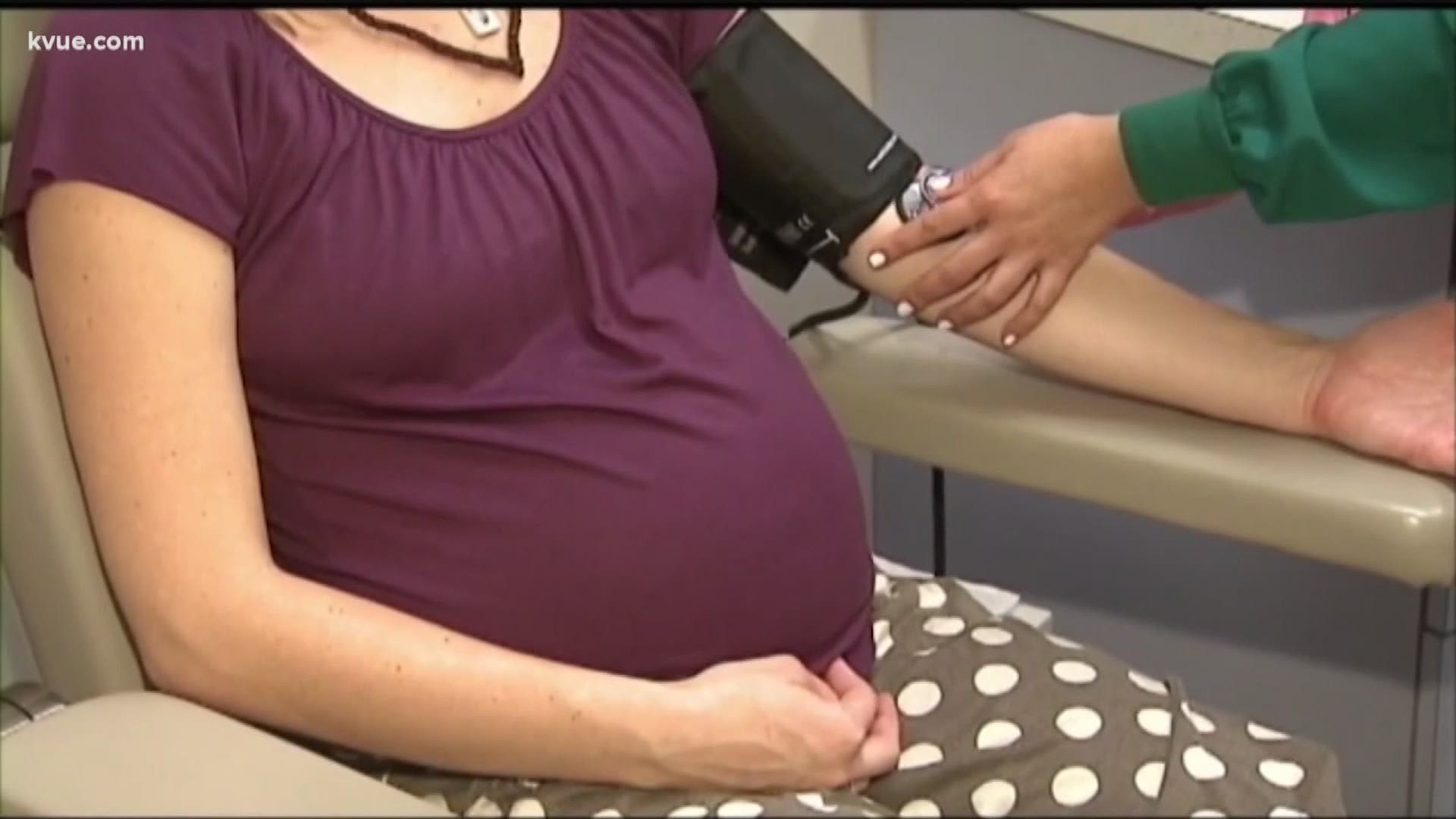AUSTIN, Texas — While a study suggests children are less likely to get COVID-19 compared to adults, data suggests infants younger than 12 months may be at a higher risk for severe illness from COVID-19, according to the Centers for Disease Control and Prevention. The CDC did add, however, information regarding this topic is limited and "based on case reports and small case series."
At least 60 infants have been diagnosed with COVID-19 in Nueces County since the beginning of July, according to KVUE's sister station, KIII. There have been 85 infants diagnosed with the virus in the area since March, and one baby under the age of six months has died.
RELATED:
Here's what we know:
SARS-CoV-2, the virus that causes COVID-19, can spread to neonates mainly through respiratory droplets during the postnatal period when newborns are exposed to their mothers, caregivers, visitors or healthcare personnel with COVID-19, the CDC said. Neonates are newborn babies or infants less than four weeks old.
"Limited reports have raised concern of possible intrapartum or peripartum transmission, but the extent and clinical significance of vertical transmission by these routes is unclear," the CDC added.
Reported symptoms among neonates with SARS-CoV-2 infection include the following, according to the CDC:
- Fever
- Lethargy
- Rhinorrhea
- Cough
- Tachypnea
- Increased work of breathing
- Vomiting
- Diarrhea
- Feeding intolerance or decreased intake
"The extent to which SARS-CoV-2 infection contributed to the reported signs of infection and complications is unclear, as many of these findings can also be seen commonly in term and preterm infants for other reasons," the CDC said. "The majority of term infants more than 37 weeks gestational age in these case reports had asymptomatic or mild disease and recovered without complication. However, a severe disease requiring mechanical ventilation has been reported in COVID-19 positive neonates."
PEOPLE ARE ALSO READING:

